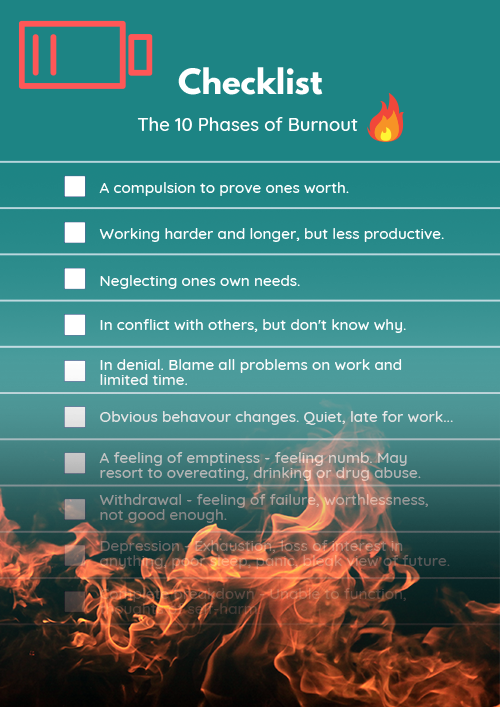World Mental Health Awareness Day
Often when we think of people with mental health we think of people who have suffered some sort of loss, such as bereavement, people with financial worries, celebrities, or the homeless.
What are we failing to notice about mental health and how can we reduce the stigma?
It’s the high flying professional that is often overlooked when it comes to mental health, because this type of person is usually the person holding the business up, working long hours, is successful, is driven, and comes across as confident.
Often what people don’t see is on the inside it’s the high flying professionals who struggle the most with mental health. They are afraid to show any sign of weakness, because they are placed on such a high pedastal, that if they let their guard down they will be seen as a failure.
These days mental health conditions are one of the most common illnesses around, and now more common than cancer.
Why is there still stigma around mental health?
Unfortunately, most UK employees will still not admit to suffering from a mental health condition to their employer afraid of the stigma still surrounding it. According to a Deloitte UK study, 95% of people who have taken time off due to stress gave another reason, such as a headache or stomach issue.
My personal experience of this stigma!
In the company I worked for we were encouraged to talk openly about mental health, but when I did and had a diagnosis of episodic depression as a result of a very serious accident, which almost killed me, and then pressure at work after this, I was told I was considered too much of a risk for the business due to the nature of the legal role that I did. I was offered support in the form of an Employee Assistance Programme to contact, but this service didn’t really help me recover from my condition and take away the stigma unfortunately.
You are treated differently if you are off work with a mental health related condition!
Eventually I was signed off work with stress. The things I noticed is when I had 4 months off after my serious accident and had notable physical injuries, I was inundated with support from my colleagues, in the form of telephone calls, Facebook messages, texts, flowers and home visits, but when I was signed off for the same amount of time with a mental health related condition, I didn’t receive the same support. I received one call from one colleague and I even discovered that I had been deleted as a friend by some colleagues on Facebook. My point is that I was still me, but this made it even more difficult and stressful to return to my role.
What can be done about this in the workplace to raise awareness?
- Mental health should not be looked at negatively. It should be viewed in the same way as any other illness, or injury and the person suffering should not feel alienated.
- Managers/Team Leaders should receive special training on how to deal with a member of staff who is suffering from any mental health condition and familiarise themselves with stress risk assessments. Further information can be found on the HSE website www.hse.gov.uk/stress. Employers can use the HSE stress indicator tool to identify perceived areas of stress at work.
- Regular updates within the work environment about the importance of mental health awareness and that employees are encouraged to talk. Offer employees support if they feel they need to talk and that they will not be victimised/discriminated against for being honest.


